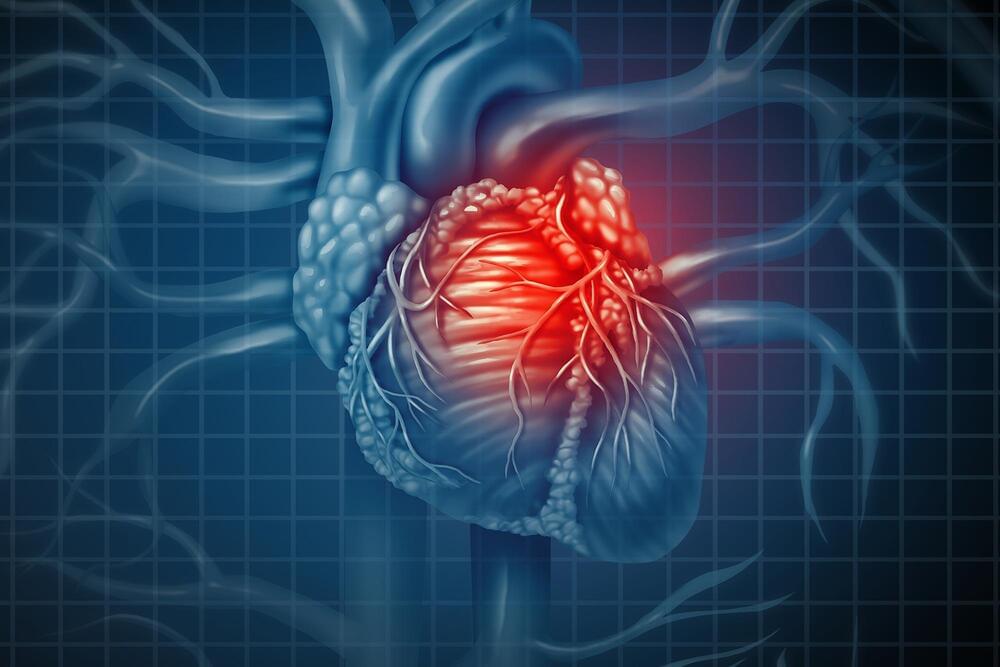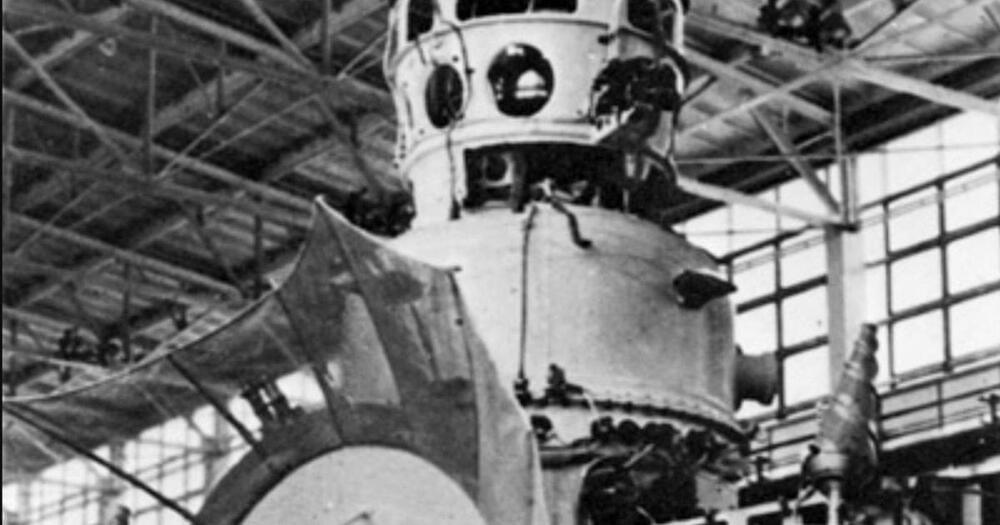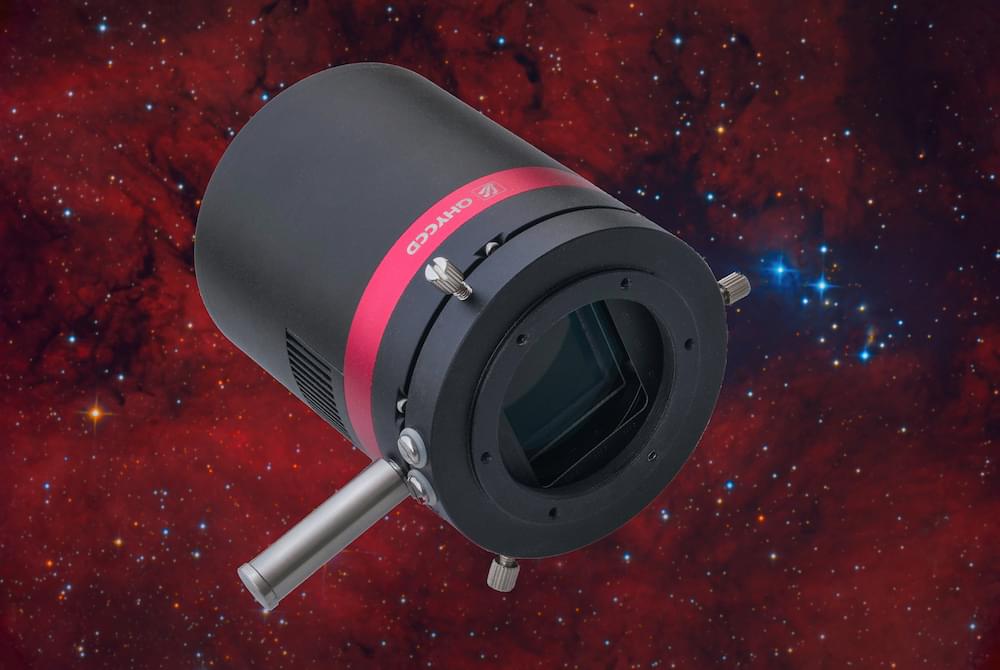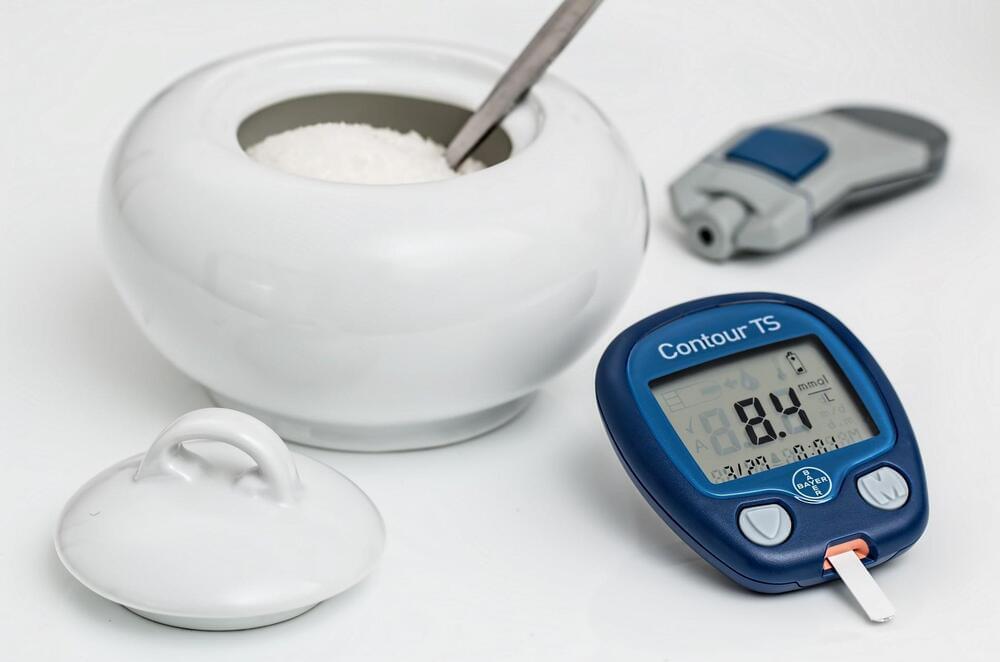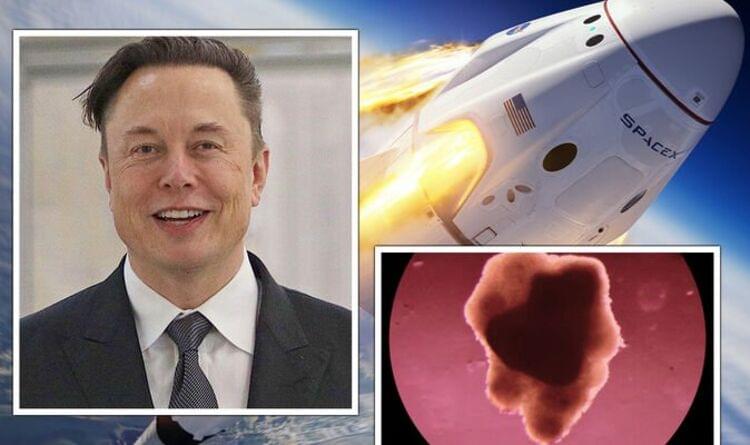Musk’s shareholding is more than four times the 2.25% stake held by Twitter founder Jack Dorsey.
According to a 13G filing published today, Tesla CEO Elon Musk now owns 9.2 percent of Twitter, Bloomberg News reports. Musk purchased the stock on March 14th, according to the filing. Musk has long been a high-profile Twitter user, and he recently questioned his over 80 million followers on the platform’s commitment to free speech. Twitter’s stock price rose more than 25% in pre-market trading as a result of the announcement.
According to CNBC, Musk’s Twitter stocks were worth $2.89 billion based on Friday’s closing price. Although Musk’s shares are categorized as a passive investment, Wedbush analyst Dan Ives told CNBC that the purchase “could lead to some sort of buyout.”

